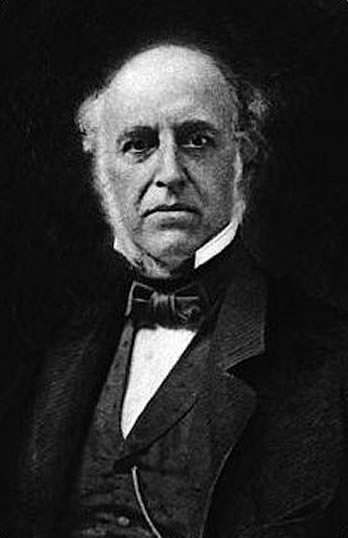Mythology
December 3rd, 2012
Note – I am conveniently ignoring the fact that this is my first posting in nearly two months.

This is an engraving of Thomas Bulfinch. His texts on mythology (classical, Arthurian, and romantic) were published in the mid-19th century and remain standards to this day. Geared towards the students of yesteryear, they are engaging, illustrative, and thoroughly enjoyable. Of particular value are the examples he gives from English literature, mostly poetry, pointing out obscure references to the myths under discussion. There were some passages from Milton that I never would have recognized as mythical. I’m not sure yet if Milton’s newly revealed predilection for the Greeks does anything to soften my opinion of him as a priggish misogynist, but it makes me think a little better of De Quincey and Wordsworth (who both idolized Milton).
I’m on a quest to supplement my classical education, sadly lacking in today’s American schools. Though I have no idea what I might have learned about the Greeks and Romans had I not quit traditional high school, I certainly didn’t pick up very much during my preceding years in the public system. All I know of mythology, etc., was acquired from my classically inclined mother during the years when she taught me at home. We studied mythology, art, culture, and Latin as a spoken language…
In addition to Bulfinch, I’ve also been steered towards Robert Graves, but hesitate based on its relative modernity (published in the mid-20th century) and poor reviews. I am however determined to keep a copy of Sir William Smith’s Classical Dictionary (originally published 1844) handy.
Or, maybe if I hurry up and learn to read Latin, I can find some classical authors to add to the mix…
